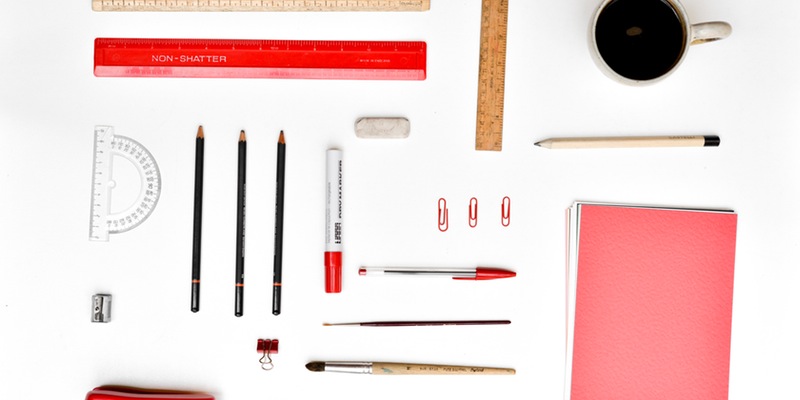3 Practical Steps to Stop Procrastinating and Start Working!


If you are having trouble beginning tasks immediately or staying focused on one, get distracted easily and often do other things before finally getting to work, such as getting a coffee, checking your inbox or straightening your desk, procrastination and disorganisation have taken over. These two often go hand in hand, as one tends to encourage the other.
The most effective way of reducing procrastination is to tackle disorganisation. This means you need to start organising your office and home, and work on your time management and scheduling habits. Recent research indicates that not only does organising your office or home help you find things, it also helps you find purpose in life as an ordered life lays the groundwork for the pursuit of larger goals.
Follow these steps to significantly increase your productivity:
Step 1: Get organised.
- Declutter your desk and work spaces, set up a filing system that works for you and find a specific space for inventory and office supplies. You will be much more effective when you do not have to waste time looking for documents or supplies.
- Keep your office tidy at all times and have all important materials ready before you start working, so there is no need to interrupt yourself.
- Get a good planner that displays all seven days at a glance and lets you schedule work and personal activities in 15-minute segments.
- Schedule time for the priorities of the day well before the day’s activities begin.
Step 2: Let routines help you.
- Contrary to popular belief, routines bring a richness to the mundane, while saving time and mental energy for higher pursuits.
- Routines can help you cope with tasks that you do not like to do. By scheduling them at the same time each day or week, you develop a habit that will make them easier.
- Doing certain tasks (e.g. answering emails) on a regular basis will help you to avoid putting them off when they have accumulated and become too uncomfortable.
- Routines require less energy, thus leaving plenty for creativity, decision-making and the mental demands of your significant projects.
[bookboon-book id=”8a645b0b-1bd0-4380-96c3-a52f00a594cd” title=”This article is based on the following eBook:” language=”en”]
Step 3: Stay motivated.
- It can be hard to stay motivated, especially when it comes to distasteful tasks. So try thinking differently about them: Set goals for yourself and view each task as a stepping stone in the achievement of your goals.
- Focus on the joy of achieving this goal rather than on how difficult or unpleasant the activity is. A reward that is awaiting you upon completion can generate some enthusiasm to offset the unpleasantness.
- Review the role of unpleasant tasks in achieving a personal or organisational goal – only important tasks merit our attention.
More strategies on overcoming procrastination can be found in Harold L. Taylor’s eBook Procrastinate less & get more done.
More to read:
- Bookboon on CNBC: Tackling the education crisis in Africa
- 3 Ways to Stay on Top of Your LinkedIn Account
- Flexibility is the Key to a Productive Workforce!
[bookboon-recommendations id=”8a645b0b-1bd0-4380-96c3-a52f00a594cd” title=”You might also find these books interesting:”]

